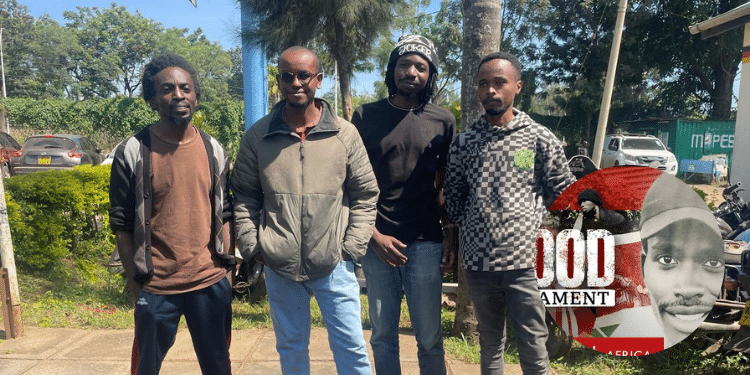Fresh details have emerged concerning the alleged role of filmmakers Brian Adagala, Nicholas Gichuki MarkDenver Karubiu and Chris Wamae in the production of the BBC documentary “Blood Parliament”—which exposed Kenyan security personnel who shot protesters during the “Occupy Parliament” demonstrations in 2024.
This comes after the four filmmakers were arrested and later released on a free bond after spending the night in police cells.
Following their release on Saturday, May 3, 2025, BBC Press Office said that the journalists were not involved in the production of the documentary despite widespread reports.
“We have been made aware of the arrest of four journalists in Kenya. To confirm, they were not involved in any way in the making of BBC Africa Eye’s Blood Parliament documentary,” BBC Press Office told SABC News.
Blood Parliament Filmmakers Arrested
The clarification comes after the journalists were arrested, according to their lawyer Ian Mutiso.
Mutiso said MarkDenver Karubiu and Chris Wamae were detained at Muthaiga Police Station while Nicholas Gichuki and Brian Adagala were held at Pangani Police Station.
Renowned investigative journalist John Allan Namu said that he had been in touch with lawyers at Pangani police station, adding that the film makers were facing charges of false publication in relation to the BloodParliament documentary.
“Their equipment was confiscated, and they were made to give statements without legal representation. That this is happening on World Press freedom day begs a lot of questions about the objective in these arrests,” said Namu.
Also Read: KDF Responds to BBC Documentary Showing Soldiers Shooting Protesters at Parliament
Human rights activist Boniface Mwangi, on his part, reported that the filmmakers were arrested at their offices in Karen Village.
“The police have arrested four filmmakers—Nicholas Wambugu, Brian Adagala, MarkDenver Karubiu, and Chris Wamae—at their offices in Karen Village. The police also confiscated their equipment and hard drives,” Mwangi said.
On Monday, BBC said that Kenyan authorities blocked a public screening of the documentary, accusing them of “abruptly cancelling the screening after their intervention”.
“The screening was stopped at the last minute under pressure from the government,” the BBC said in a statement.
The arrests of the four journalists have sparked widespread condemnation, with many Kenyans accusing the government of undermining press freedom and the constitutional right to free expression.
Uproar after arrest of filmmakers linked to BBC documentary
The Law Society of Kenya (LSK) President Faith Odhiambo also denounced the move, describing it as a legally baseless attempt to intimidate the media.
Odhiambo emphasized that a free and independent press is essential in any democratic society and cited Article 34(2) of the Constitution, which bars the state from penalizing individuals over opinions or content published or broadcast.
“The arrest of the 4 filmmakers over their alleged contribution to the Blood Parliament report by BBC Africa is not only ill-advised, petulant, and malicious but is also legally impotent,” said the LSK President.
Also Read: Filmmakers Linked to “Blood Parliament” Documentary Released
She vowed that the LSK would take all necessary legal steps to counter what she called an irrational act of impunity and repression.
On his part, Digital Strategist and Head of Creative Economy at the Office of President Dennis Itumbi also condemned the arrest of BBC’s ‘Blood Parliament’ documentary filmmakers.
In a statement on Saturday morning, Itumbi, noted that the arrest of the four local filmmakers, “whose only mistake was to make a film”, was unnecessary.
“There is an alternative story on the violence and political planning that unleashed the storming of the Parliament and invading the armory at the Mausoleum,” Itumbi stated.
While condemning their arrests, the State House official called for the making of a new film to expose those who were behind the planning and storming of parliament on June 25, 2024.
“Arresting BBC journalists merely for making a film is unnecessary. Make an alternative documentary, tell the other story. BBC told their story. Let them be. Free the journalists. In my view,” Itumbi added.
Follow our WhatsApp Channel and X Account for real-time news updates


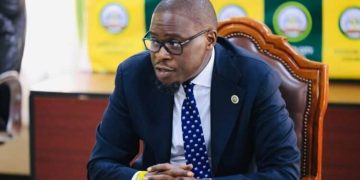
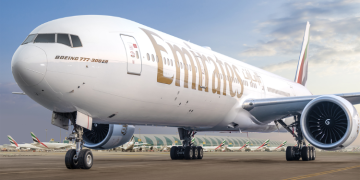
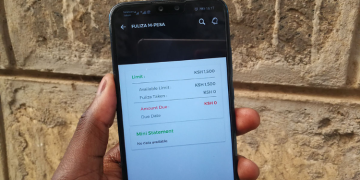

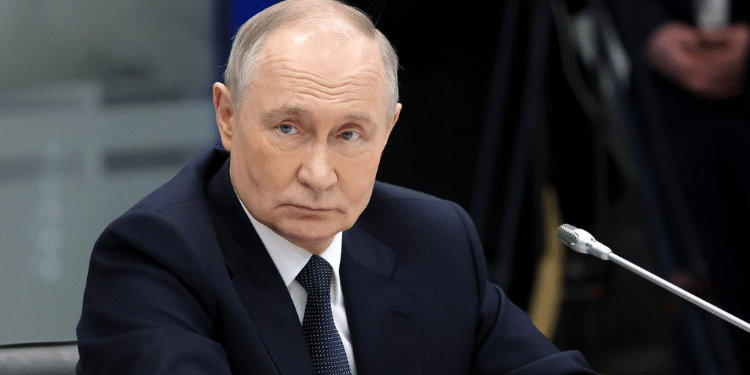
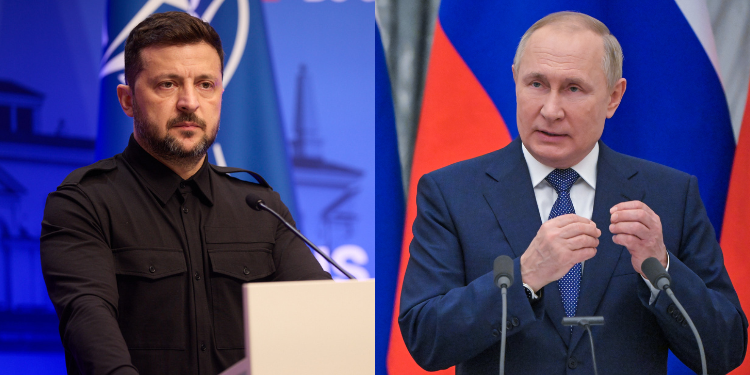
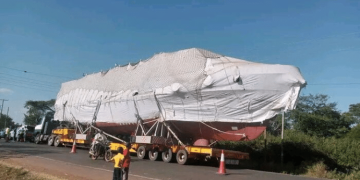
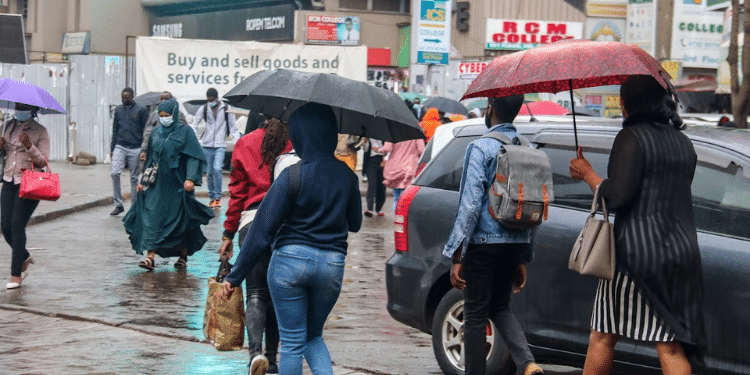
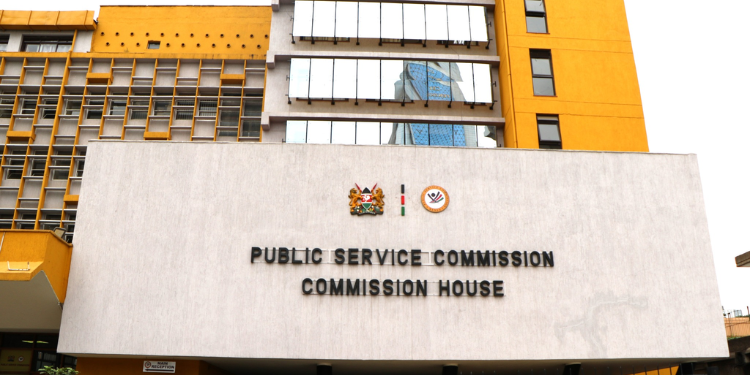






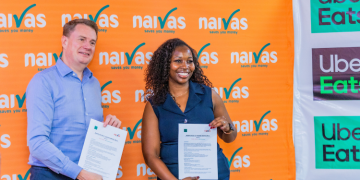


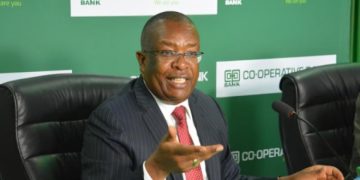
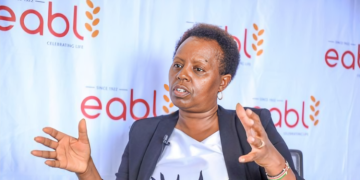
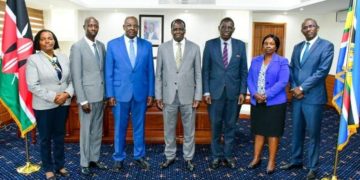
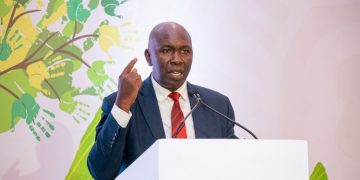
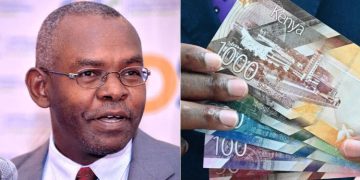































![Senator Allan Chesang And Chanelle Kittony Wed In A Colourful Ceremony [Photos] Trans Nzoia Senator Allan Chesang With Channelle Kittony/Oscar Sudi]( https://thekenyatimescdn-ese7d3e7ghdnbfa9.z01.azurefd.net/prodimages/uploads/2025/11/Trans-Nzoia-Senator-Allan-Chesang-with-Channelle-KittonyOscar-Sudi-360x180.png)
















